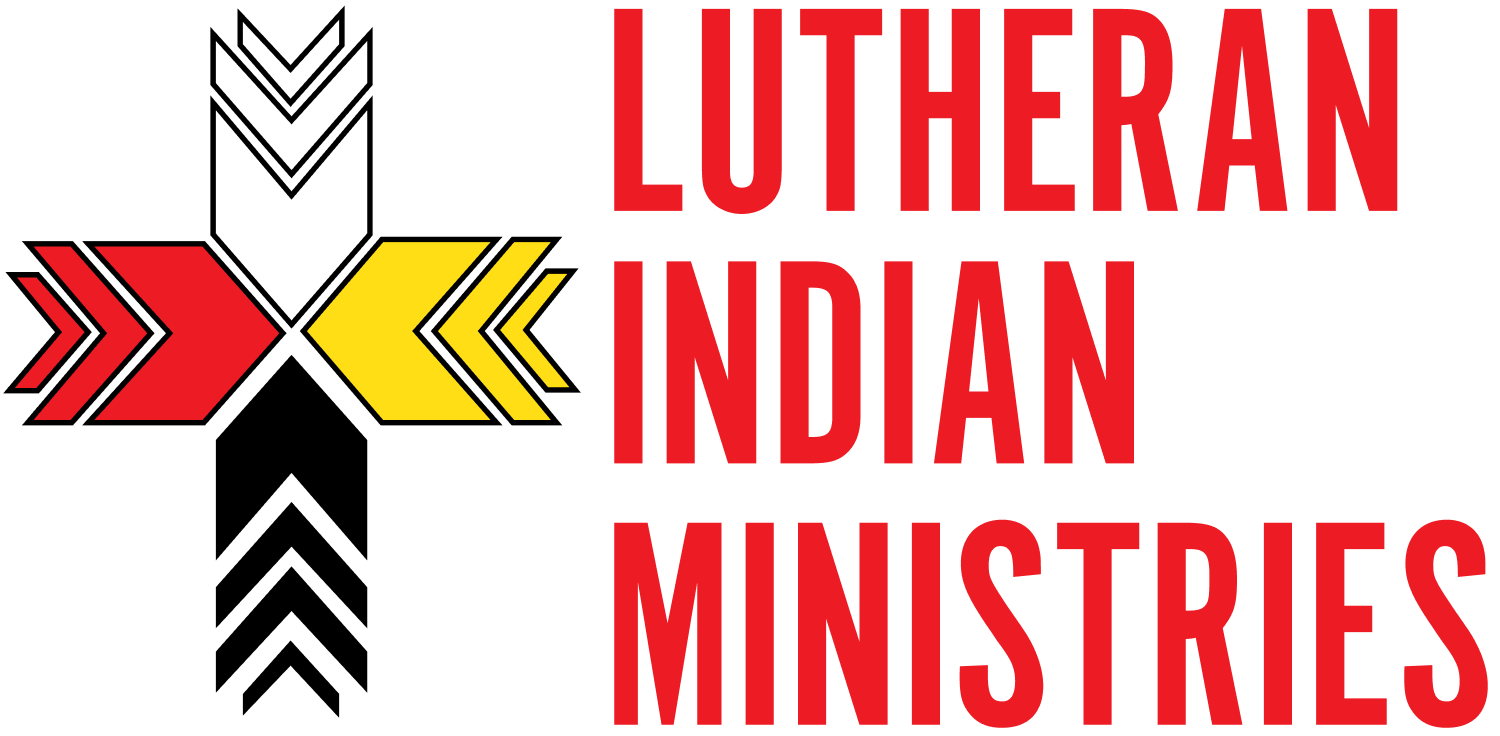"Come and Give Us Hope"
"Come and give us hope."
That was the message Rick and Linda Martin received from an isolated community in Northern Manitoba. Accessible only by air, the village of Cross Lake had declared a "state of emergency" when, in a span of two months, they suffered six suicides. In two weeks, they had 140 attempted suicides and 100 children, ages 8-18, were on suicide watch.
This First Nations Cree community of approximately 8,000 people could not meet their own needs and reached out to anyone who would help. The Canadian government and health services and a variety of secular non-profits stepped in to help with resources and then left. But, it wasn't a solution.
"The crisis never went away," said chief Cathy Merrick.
While mental health therapists visit the town on a rotational basis, Merrick said, they leave before they can build trust with their patients, leaving them to start all over again. (CBC article, July 2017)
Suicide is prevalent in many remote Native communities, particularly in communities where poverty and abuse are widespread. Youth are overwhelmed with hopelessness and despair.
Even those who have not experienced significant trauma, yearn to fill the cross-shaped hole that exists in all of us. Secular therapies can only reach so far into a life, but they stop short of the healing needed in a broken soul. That's where the Martins and Lutheran Indian Ministries come in.
Through a series individual meetings and social issues workshop, the Martins built relationships with hurting individuals. And with strong emotional relationships comes the opportunity to share the love of Christ and introduce people to the True Healer.
Only God can provide complete and restorative healing.
"In Cross Lake, there was a core group of young people who attended our sessions the whole time we were there," explained Rick. "We had the opportunity to talk to them and pray with them. By truly listening to them, we learned that so many of them were grieving not just for friends who had recently taken their lives, but for those who had died years ago, as well."
This is called compounding trauma.
When individuals do not have enough time to heal from trauma, one traumatic event becomes the foundation for another event and another. Soon, this person has a cluster of horrible experiences, none of which have been addressed.
"It can take years to heal from a single event," Linda pointed out. "Rick and I don't live in Cross Lake, so we try our best to build and sustain relationships with these young people and to return as often as possible. But, we also work to disciple and mentor the leaders. If we can train the community leaders in how to deal with trauma from both a medical and a Christian viewpoint, we can begin to make a dent in aboriginal youth suicide."
Ministry through Music
There was another piece to the Martins ministry: Music.
"We have learned through many ministry events that music brings comfort to people in deep grief," said Rick. "We incorporate music into most of the aspects of our healing ministry."
And occasionally, music becomes the core of the ministry.
Pikangikum, in Northern Ontario, experienced the loss of an entire family in a tragic house fire, nine people in total, including three small children. The community was still shaken and hurt a year later, so they turned to song.
A memorial concert was held a year later for the family lost in the fire, and the community asked Rick and his band to perform.
"It was an amazing experience," Rick recalled. "They set the stage up on the ice of the frozen shore of Pikangikum Lake, candles formed a glowing heart in front of us, and thousands of sets of eyes looked at us, waiting for the comfort our music could provide them."
(Northern Sunrise, written by Francis Martin, is about three boys who committed suicide as a group in Linda's hometown of Muskrat Dam.)
The following day, Rick and Linda were able to visit the local school and talk to a number of classes about grief and healing, and the hope that comes from the Lord.
"We heard from a lot of people afterward who said the music really helped them in their grieving process," Linda recalled. "A lot of healing came from the whole weekend, but the music was what opened people up to hearing God's Word. The truth is only Jesus can provide the hope they desperately need, and we are just his hands and feet here on earth. If we can help people to understand the love of Jesus through music, then that's what we'll continue to do."
Carrying On
This is the Martins' ministry. Flying into communities filled with grief and hopelessness, singing, talking, and sharing the love of Jesus. Returning whenever the opportunity arises and teaching community leaders how to lead their people out of the despair and into the Light of Christ.
"It can be really hard to continually walk into a sea of emotional pain," Rick explained. "When we step off a plane, we never know what might be there, and it's easy to get overwhelmed. But we know it is God who has called us to this difficult ministry to help our Native brothers and sisters, and we know He is always with us providing the right words to say to His people. So, we will carry on and continue to proclaim, disciple, and heal as long as He allows us to join Him in his mission field."


